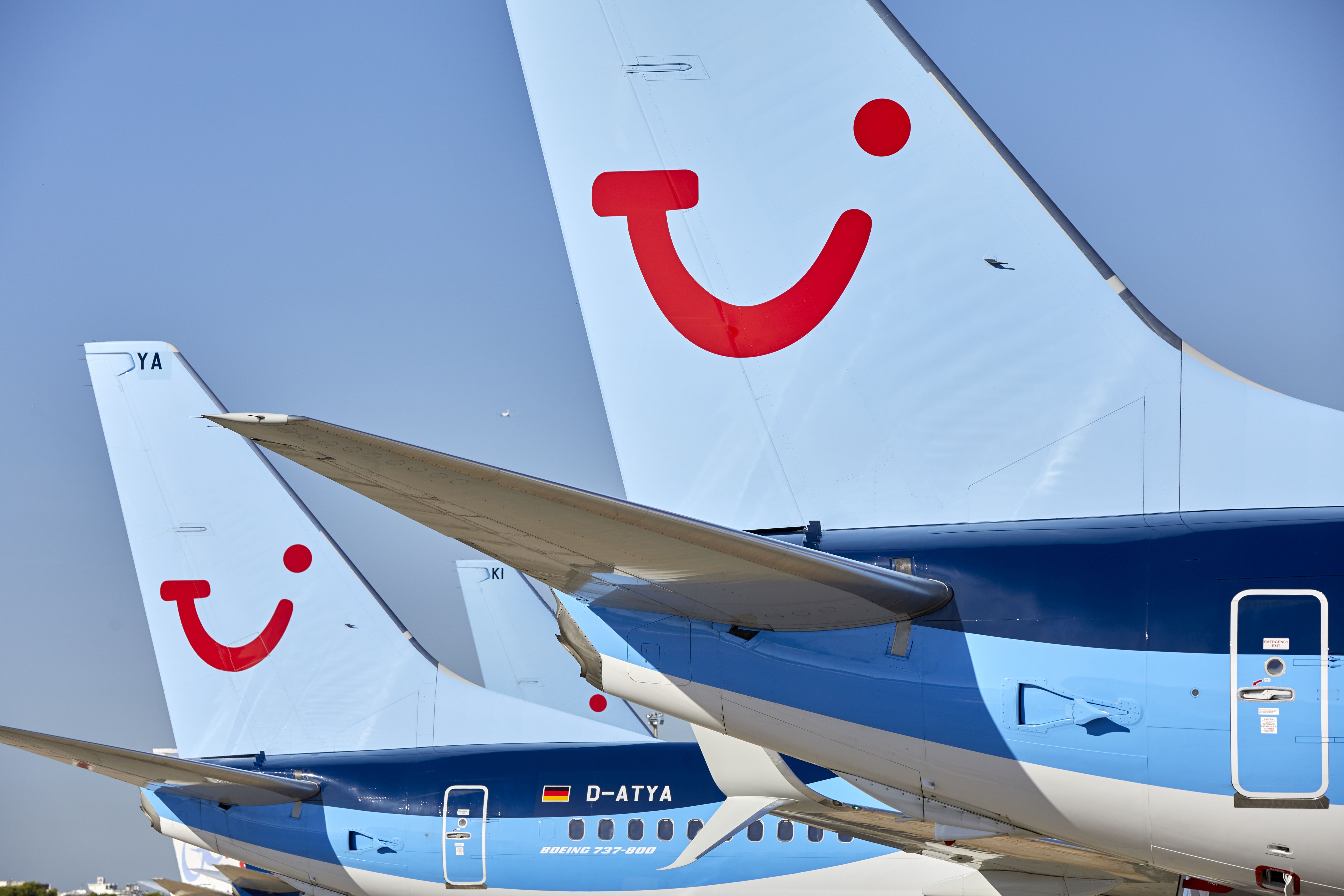TUI has reported robust results for the 2024 financial year, ending on September 30, 2024.
The travel company reported growth within its consolidated group results, with revenue totalling €23.2bn ($24.3bn), an increase of 12% in comparison to figures reported in the year prior, along with an underlying EBIT of €1.3bn ($1.36bn), an increase of between 33% and 35% when compared to 2023.
Chris Broad, senior vice president - airline analysis at Airline Economics, noted that TUI's numbers for the year are “impressive” as the company still managed to increase revenues, despite pressure on consumer spending.
“TUI managed to increase revenue by 12% and they will rightly be delighted with the underlying EBIT of €1.3bn ($1.36bn), compared to €977 million ($1.02bn) in the previous year," said Broad. “At the same time efforts to reduce net debt paid off, seeing a reduction of €500 million ($524 million) to €1.6bn ($1.67bn).”
Looking at TUI’s markets and airline operations for the year, revenues saw an increase of 26%, totalling €20.2bn ($21.2bn), up from €16bn ($16.8bn) in 2023.
TUI operates a dual-market strategy that integrates its airline and holiday markets together. The company has its own airline operations in five countries: the UK, Belgium, the Netherlands, Germany, and Sweden (Nordics), with these serving as base markets where TUI directly operates flights to support its holiday packages.
In addition, TUI extends its holiday offerings to several other markets where it doesn’t operate an in-house airline, such as France, Poland, Austria, and Switzerland. To meet flight demands in these regions, TUI partners with external airlines such as easyJet or Ryanair, which provide the flight portion of its holiday packages.
The markets and airline arm of the company reported an improvement in underlying EBIT, up 28% to €304 million ($319 million), an increase of €66 million ($69.3 million) compared to the year prior, with the company citing this increase as relating to a “robust customer demand. “
The EBIT margin for the financial year saw a minimal increase, rising by 0.2 percentage points to 1.5%, with the company noting that this is “on track for further improvement. “
A total of 20.3 million passengers travelled with the airline during the financial year, up 7% in comparison to traffic levels during the year prior, with volumes highest in Northern and Central European source markets. Volumes for both the summer season and the winter season were ahead of the previous year, with an average load factor remaining flat at 92%.
At the end of the financial year TUI’s fleet consisted of 125 aircraft, down from 148 that the airline operated during the 2023 financial year. The airline has also updated its delivery plan with manufacturer Boeing, which outlines that TUI received five Boeing aircraft in 2024, instead of eight that were originally due to be delivered.
TUI expects to receive 13 Boeing planes during 2025, 11 in 2026, 14 in 2027, 11 in 2028, and 2 aircraft in 2029. The company still has options for 22 MAX aircraft.
TUI projects its fleet size to range between approximately 125 and 137 aircraft from 2024 to 2029, in order to “maintain flexibility." The company also retains the option to adjust capacity using wet-leased aircraft.
TUI noted that its short and medium-haul offerings experienced the strongest demand during the 2024 financial year, with destinations such as the Canary Islands, Mainland Spain, Egypt, and Cape Verde being the most popular during the winter season, in addition to Greece, Türkiye and the Balearic Islands during the summer period.
Broad added that TUI will face increased competition in its biggest market during 2025, as more airlines expand operations: “TUI’s largest and most profitable market is the UK and they will be closely monitoring the growing competition from easyJet holidays and Jet2.com. Both companies recently announced significant expansion for summer 2025. With Jet2 opening a new base at Luton Airport, this does represent a significant move to the south of the country (UK) with some wondering if the next step could be competing with TUI’s busiest operation at Gatwick Airport.”
In its guidance for the 2025 financial year, the tour operator expects its revenue to increase by 5%-10%, in comparison to results from 2024. TUI also expects underlying EBIT to increase by 7%-10% from 2023,
Broad concluded that this mix of a “cautious but still positive outlook” for the 2025 financial year will, as always, be dependent on a “successful summer period.”

